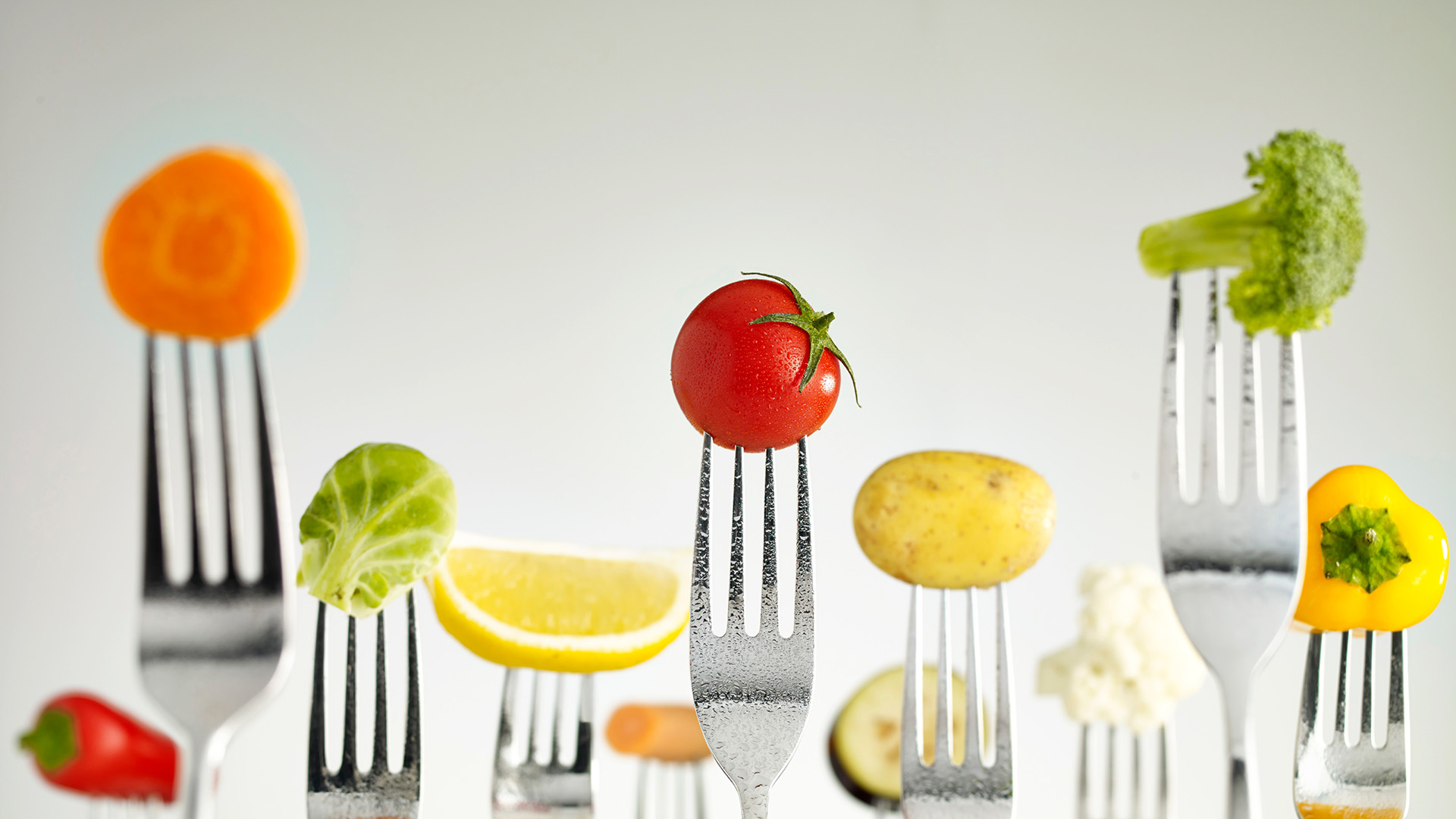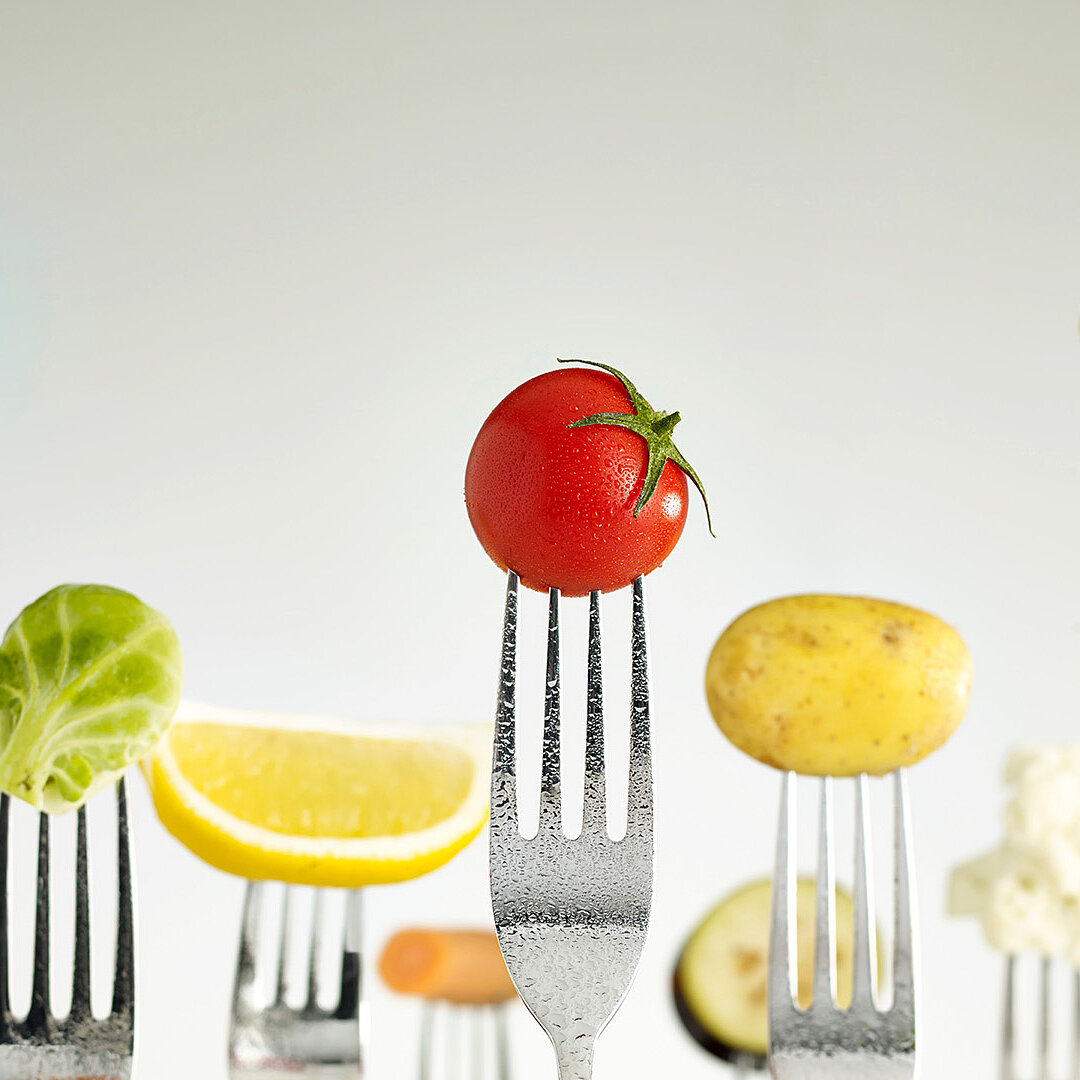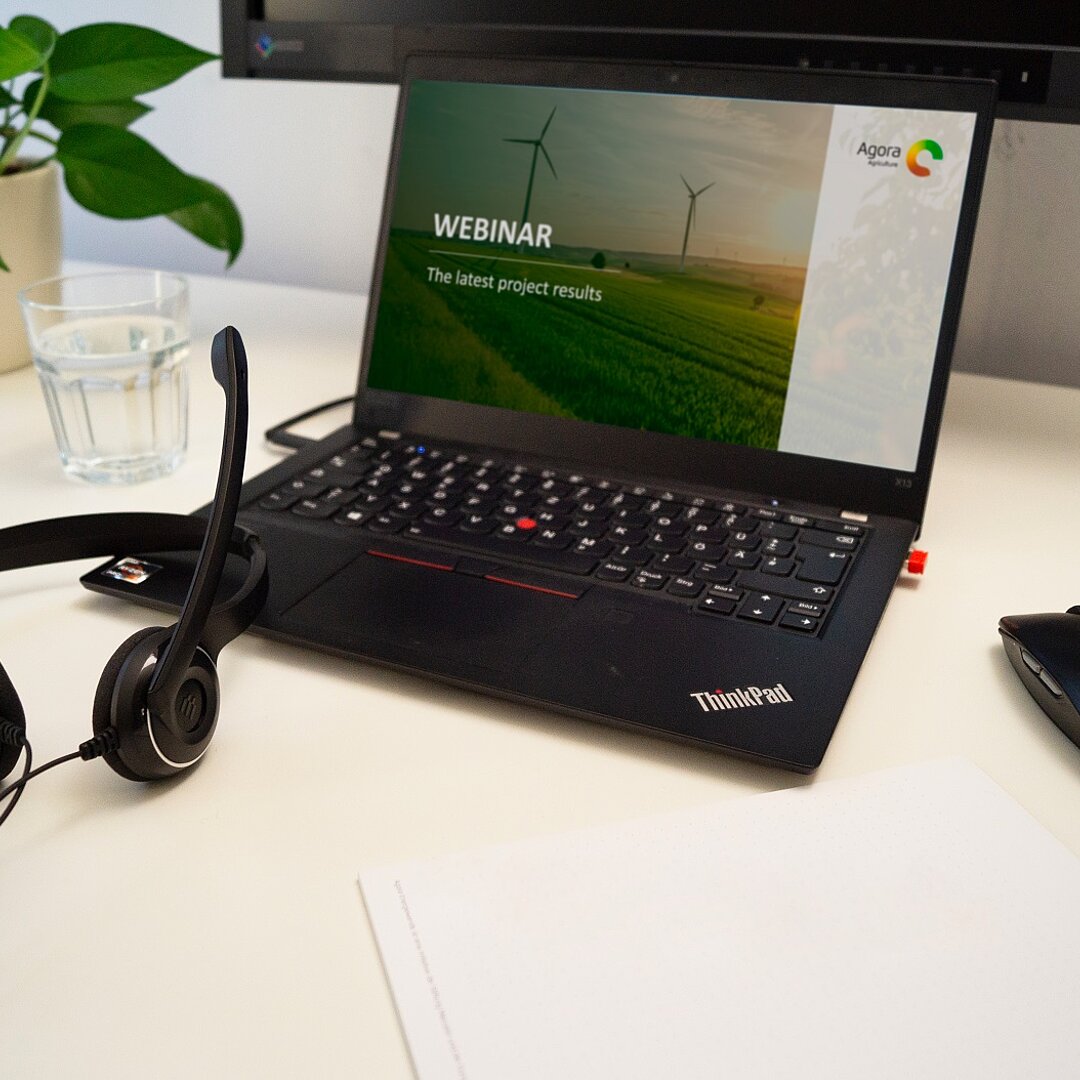This content is also available in: German
Closing the food policy gap: making healthy and sustainable options the easy choice
Shifting towards more sustainable food consumption is critical for food security, climate neutrality, biodiversity and human health. Yet the potential of demand-side measures remains underexploited in food policy. A new policy paper by Agora Agriculture and IDDRI highlights how refocusing from individual responsibility to shaping food environments can drive fairer, healthier and more sustainable food systems in Europe.

Berlin, 5 May 2025. Sustainable food consumption holds significant untapped potential to advance societal goals, such as strengthening strategic autonomy, cutting emissions and improving public health. A new policy paper by think tanks Agora Agriculture and IDDRI highlights how robust demand-side food policies can help unlock this potential. Such policies are, however, largely absent from national and EU food policy-making, including from the new “Vision for Agriculture and Food” by the EU Commission. The policy paper comes just before the first major gathering in Brussels, “Shaping the Future of Farming and the Agri-Food Sector”, where stakeholders will discuss the Vision and provide feedback on its proposed initiatives.
Current food policies rely largely on the individual responsibility of consumers, focusing on education and information. Improving food-related competences, however, can only be effective if the availability, affordability and appeal of healthy and sustainable options are addressed in parallel. This moves the focus from individual responsibility towards shaping food environments – the surroundings in which consumers make their decisions.
“Building fair food environments where sustainable and healthy choices are the easy choices not only advances human health, climate neutrality and biodiversity – it also strengthens food security and EU strategic autonomy,” says Harald Grethe, Director of Agora Agriculture. “Our report shows that demand-side food policies are both feasible and already being successfully implemented in many countries.”
National case studies show good practices of demand-side food policies
Drawing on a literature review and case studies from 11 European countries, the think tanks demonstrate how demand-side food policies can be implemented in ways that support sustainable and healthy choices. The paper provides insights into what kinds of measures have proven successful, from sustainability and health requirements, stricter marketing and advertising regulations to targeted fiscal tools, like taxes and other incentives.
For example, Sweden has decades of positive experience with a legal entitlement to free school meals, complemented by health and sustainability criteria in public procurement. Denmark supports both the production and consumption of plant-based foods, while the Netherlands demonstrates how public-private partnerships and campaigns addressing social norms can significantly reduce food waste. Spain has reported positive outcomes from a temporary zero percent value-added tax (VAT) on fruits and vegetables. In its efforts to combat childhood obesity, the United Kingdom has implemented a soft drink levy, along with restrictions on television and digital advertising of foods high in fat, salt and sugar. These and other good practice examples from Germany, Finland, France, Portugal and Switzerland are analysed in the policy paper.
Driving the change: national food strategies and the role of the EU
Despite such examples, the report notes that demand-side policies remain underdeveloped on the EU level and in EU member states. It also highlights a lack of coordination across key policy areas – such as environment, health, economy and social policy - needed to implement an integrated food policy.
Against this backdrop, the authors point to national food strategies as a promising tool for developing demand-side measures tailored to each country’s context. In many case studies, these strategies helped create space for negotiation and agreement on a shared vision and practical actions.
EU-level action can also be a key enabler. The report outlines two ways in which this could strengthen national efforts: first, through EU-wide regulatory measures that provide added value, such as a common labelling framework to ensure a level playing field across the single market; and second, by establishing supportive mechanisms that incentivise national governments to develop and strengthen demand-side food policies.
“EU policy plays a key role in helping countries to improve their food policies,” says Stephanie Wunder, co-author of the report and Team Lead Sustainable Diets at Agora Agriculture. “For example, a dedicated EU platform could enable national governments to exchange best practices on policies that build fair food environments and accelerate action – just as the EU Platform on Food Losses and Food Waste has done successfully.”
About the publications
The 45-page policy paper by Agora Agriculture and IDDRI “Towards national food policies that support healthy and sustainable consumption – Country case studies and the role of the EU” aims to inform national and EU-level debates about the role of demand-side food policies and coordinated action in achieving healthier, fairer and more sustainable food systems. A more detailed overview of case study findings is available in a separate publication accompanying the policy paper and were collected together with a network of European research institutes and think tanks. Both publications are available for free download.



